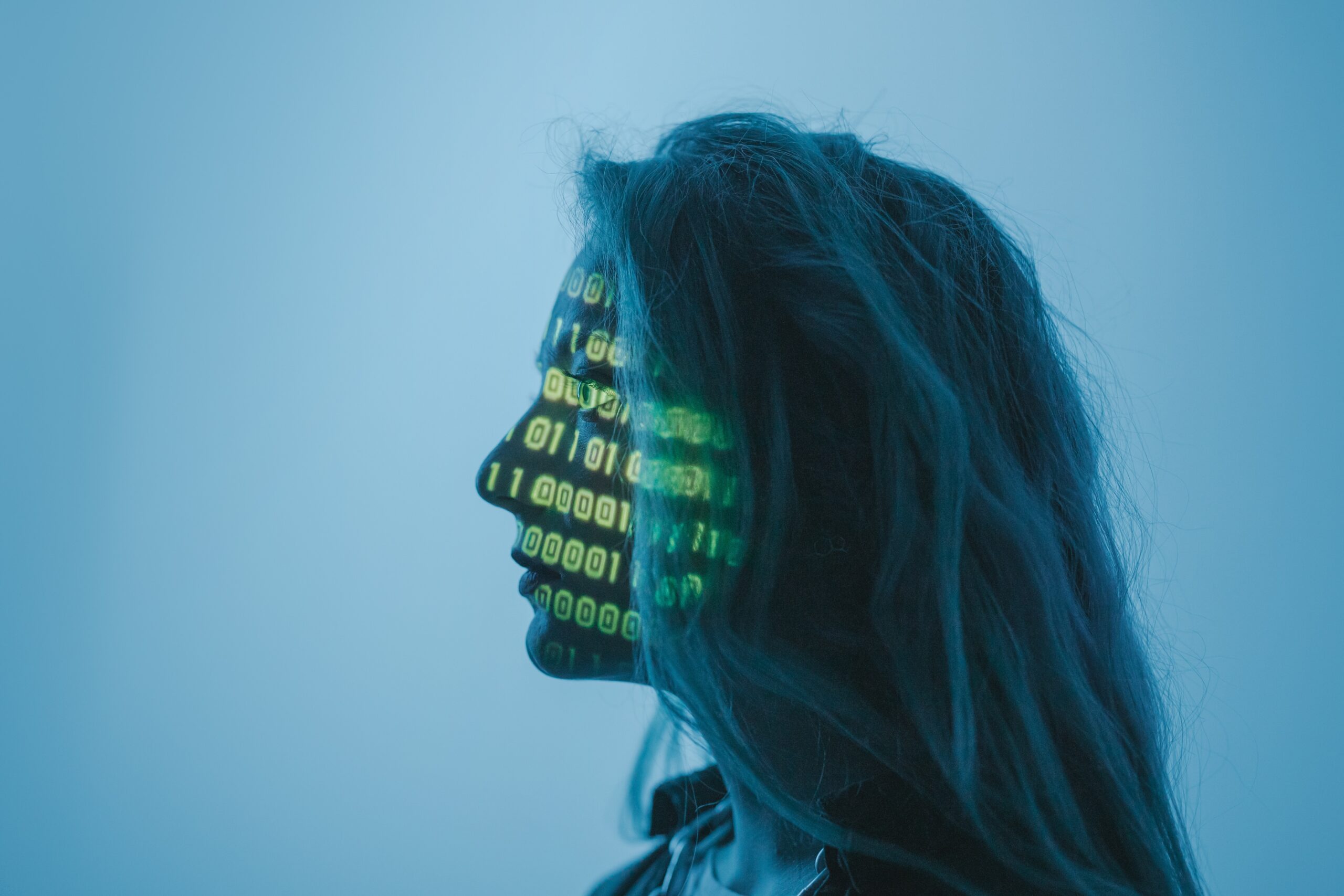Artificial intelligence (AI) is a powerful technology that offers immense potential for positive impact. However, like any tool, AI can be misused, leading to potential harm and ethical concerns. Let’s explore some instances where AI has been misused, highlighting the need for responsible AI practices and ethical considerations.

- Deepfakes and Misinformation:
AI has enabled the creation of convincing deepfake content, which involves manipulating videos or audios to make them appear authentic but convey false information. Deepfakes have been used to spread misinformation, forge identities, and even harm reputations. The ability of AI to generate realistic but fabricated media raises concerns about the trustworthiness of digital content.
- Surveillance and Privacy Violations:
AI-powered surveillance systems have raised concerns about privacy violations and potential abuse of power. Facial recognition technology, when misused, can infringe upon individuals’ privacy rights and enable mass surveillance. Instances of government surveillance, biased profiling, or unauthorized surveillance in private spaces highlight the ethical dilemmas associated with AI-driven surveillance systems.
- Autonomous Weapons and Military Applications:
The use of AI in autonomous weapons systems has raised significant ethical concerns. These weapons have the potential to operate without human control, raising questions about accountability, proportionality, and adherence to international humanitarian laws. The development and deployment of AI in military applications warrant careful consideration to prevent the misuse of AI-powered weapons.
- Manipulation of Social Media and Online Platforms:
AI algorithms are used extensively on social media platforms to curate content, personalize recommendations, and target advertisements. However, there have been instances where AI-powered algorithms have been misused to manipulate user behavior, amplify misinformation, and foster polarization. The potential for AI to create filter bubbles and echo chambers raises concerns about the impact on democratic processes and societal cohesion.
- Discrimination and Bias:
AI systems are only as unbiased as the data they are trained on. Instances have been reported where AI algorithms perpetuate or amplify biases, leading to discriminatory outcomes in areas such as hiring, lending, and criminal justice. The reliance on historical data that reflects societal biases can inadvertently perpetuate discriminatory practices, necessitating the development of fair and unbiased AI systems.
Conclusion:
While artificial intelligence holds significant potential for positive impact, instances of AI misuse highlight the need for responsible development, regulation, and ethical considerations. Addressing concerns related to deepfakes, surveillance, autonomous weapons, manipulation of online platforms, discrimination, and bias is crucial. Stakeholders must collaborate to establish ethical guidelines, ensure transparency, and develop safeguards to prevent the misuse of AI. By fostering responsible AI practices, we can harness the benefits of AI while mitigating the potential harm, building a future where AI technologies serve humanity’s best interests.